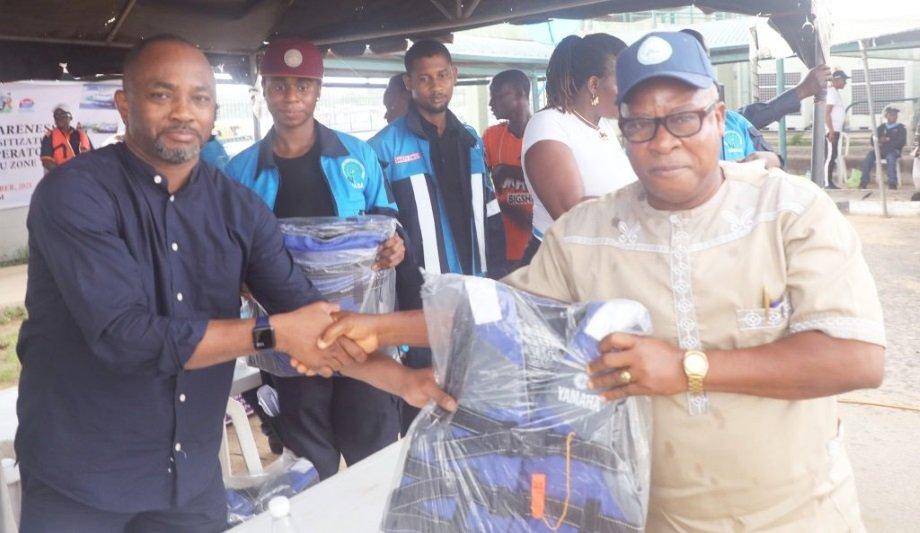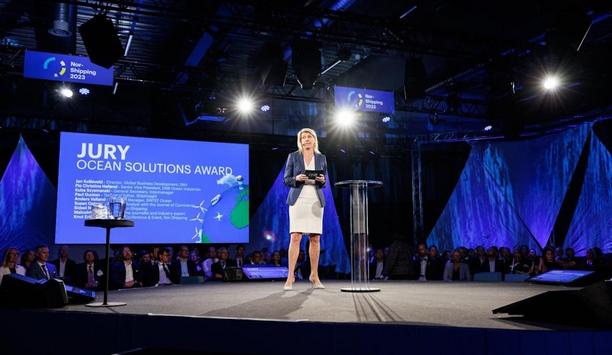Director-General of the Nigerian Maritime Administration and Safety Agency (NIMASA), Dr Bashir Jamoh, says inter-agency collaboration is key to a sustainable resolution of the problem of accidents in the Nigerian inland waterways, which has led to avoidable loss of lives and property. Jamoh made the assertion at an awareness forum in Lagos organised by the NIMASA in collaboration with the Nigerian Ports Authority (NPA), National Inland Waterways Authority (NIWA), and Lagos State Waterways Authority (LASWA).
The NIMASA Director-General, who was represented by the Head of Marine Accident Investigation Unit, Captain Abayomi Coker, stated that the Agency was committed to the search for a lasting solution to the loss of lives and property in the country’s maritime domain.
Marine accident reporting
“NIMASA established the Marine Accident investigation Unit to conduct investigations to establish the circumstances and causes of accidents in the Nigerian maritime domain. We then identify the inadequacies in maintenance of vessel and their equipment, the competence of all shipboard staff and their operational practices and procedures. We seek measures which can be implemented to avoid reoccurrence of such accidents in future and inter Agency collaboration has been identified to play a major role.” He said.
We then identify the inadequacies in maintenance of vessel and their equipment"
Officials of the MWUN, NIWA, NPA and LASWA joined their colleagues from NIMASA to engage non-convention boat operators on boat maintenance, boarding and disembarking procedures marine accident reporting procedures, firefighting and prevention procedures and protection of the marine environment amongst other issues.
Onboard seagoing vessels
In a related development graduating students from the Federal College of Fisheries and Marine Research were drilled on safety measures onboard seagoing vessels by NIMASA.
In his address at the event, NIMASA DG Dr Bashir Jamoh noted that majority of accidents in the maritime sector were caused as a result of human errors and that understanding the basic factors concerning the human element was an essential step toward forestalling or mitigating such accidents.
Approved maritime institutions
NIMASA has continued to initiate and promote safety culture to reduce or possibly prevent accidents"
“As the Maritime Safety Administration for Nigeria and in line with its mandate to ensure safety of navigation and the protection of the Nigerian marine environment and its resources, NIMASA has continued to initiate and promote safety culture to reduce or possibly prevent accidents in our waterways. You would all agree with me that prevention is better and cheaper than cure,” the DG said.
The DG further stated that the lecture series was initiated for seafarers/cadets in approved maritime institutions, with the objective of educating them on lessons learnt from accidents that occurred within the Nigerian maritime domain and accident that affected vessels of Nigerian interest outside the country.
Learning safety lessons
According to Jamoh, “Various issues caused accidents within our marine environment, and as an Agency, we have taken note and have a history of them. We are not only being reactive, but are poised to continue to take proactive measures in addressing them. Therefore, it is our intention to build on our efforts to ensure sustainability in this regard because NIMASA believes that this will enhance and promote safety culture in our work environment and guard against re-occurrence.”
The International Maritime Organization IMO’s casualty Investigation Code of 2008 which seeks to promote a common approach to safety investigation of marine casualties and incidents has placed an obligation on all member states to carry out an impartial investigation with the sole purpose of learning safety lessons from marine accidents without apportioning blames or liabilities.











